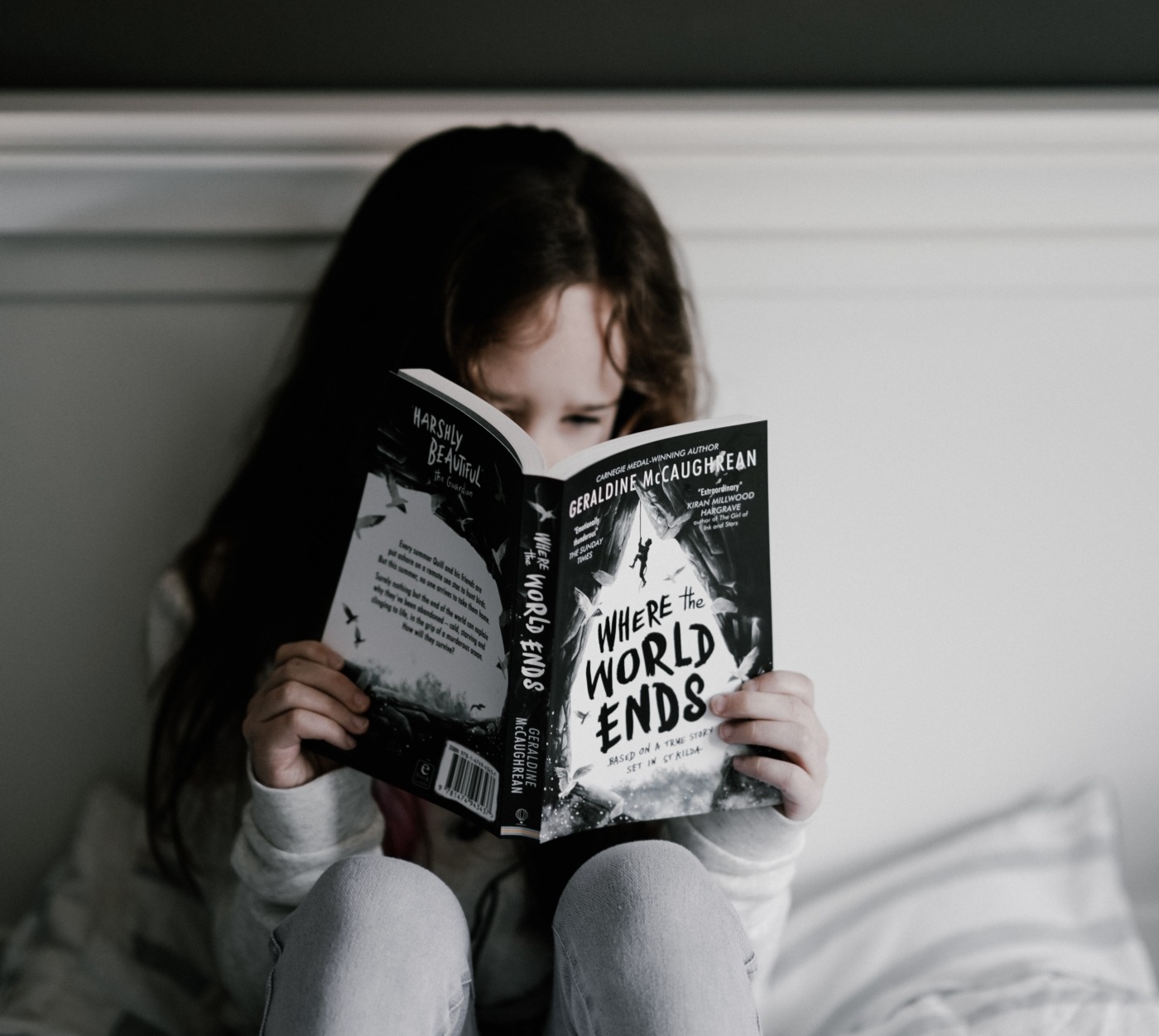We need to cure the stigma surrounding reading middle-grade as an adult
As soon as you confess that you like reading, there is an instinctive preparation for the question that follows “So, what’s your favourite book?”. What should be a simple question becomes incredibly complex within the expectations of adult reading. If you answer with a middle-grade book (a category of books targeted towards children from 8-12 years old), there is often a pause in the conversation and you can feel your credibility as a reader, and as a mature adult, fall in the eyes of the other.
The middle-grade category includes series such as Harry Potter and Percy Jackson to name some of the most famous examples. While these two series are mainstream enough to gain some acceptance as suitable for adult reading, this is often accepted through the avenue of nostalgia or as being a fangirl/fanboy phase.
My personal reading unconsciously started to move away from middle-grade books, and my love of reading faded
The implicit expectation for readers to read within their age group became increasingly clear to me as I prepared to enter University to study English Literature. On one open day, someone asked the ‘favourite book’ question, and the series of answers that were given read like a classics bookshelf in your local Waterstones. Eventually, the question came round to me, and, feeling the overwhelming pressure, I quickly replied with the first-course text that came to mind, not wanting to admit my enduring passion and readership of the Percy Jackson series. From the advice to namedrop classics within my personal statement, to the increasing number of gifted classics, my personal reading unconsciously started to move away from middle-grade books, and my love of reading faded.
Looking back at this shift, it has become clear to me that there is a tradition of shame and judgement that has always run through our community of book lovers over what ‘should’ and ‘should not’ be read at different ages and points of life. So, why should adults read middle-grade when there is so much societal judgement against it?
Middle grade is where most people first found their love for reading and there are clear reasons why. The first is the simplicity of language within middle-grade books. After hours of struggling through a Shakespeare play, the simplicity of sentences within a Percy Jackson book is a breath of fresh air. The slow, staggered, process of translating, understanding, then visualising that is found in reading many classics, and even in the more complex writing styles of modern books aimed at adults, is absent within middle-grade books. People often claim that they lose imagination as they grow up and that reading is no longer the same as an adult. I’ve found that the simple writing style of middle grade is an easy gateway to imagination, with the complexity of books for older audiences simply acting as a barrier to enjoyment.
Books are books, despite the labels and intended audiences. Enjoyment and freedom are the backbones of the reading community
The simplicity of plot and topics is another advantage of middle-grade books. Did you ever pause in the middle of reading Harry Potter and wonder if Voldemort was going to win, or whether he was actually the good guy after all? There’re definitely fanfictions branching on both of those ideas but it’s not normally the instinct or expectation when first reading it, or even re-reading for pleasure. This instinctual naivety that middle-grade books maintain, allows people to become invested in the story and enjoy it without feeling the urge to step back and think.
That’s not to say there isn’t anything to gain besides enjoyment when reading middle-grade books. As is often remarked about tv shows, media aimed towards younger audiences often hold deeper and fundamentally important themes that pass by unnoticed until revisited as an adult. For these reasons, what made middle-grade books the trigger for a childhood love of reading, still applies for adults and can be the perfect way to get back into reading for pleasure. This definitely was the case for me when I picked up the Percy Jackson series again as an adult and found myself unable to put it down until I turned the last page a few hours later.
Outside of the benefits of reading middle-grade books, I’d like to simply note that books are books, despite the labels and intended audiences. Enjoyment and freedom are the backbones of the reading community and what drew most of us towards books. So, whether your interests lay in erotica or middle grade, the book community needs to shed off these ‘should’ and ‘should not’s. We need to remember the point of reading is enjoyment, which seems to have been lost at some point as we grew up and left middle-grade books behind.

Comments